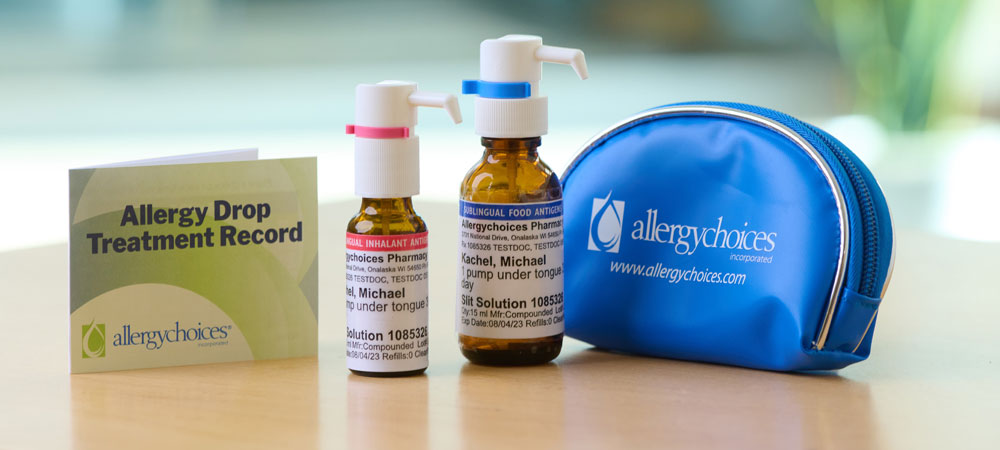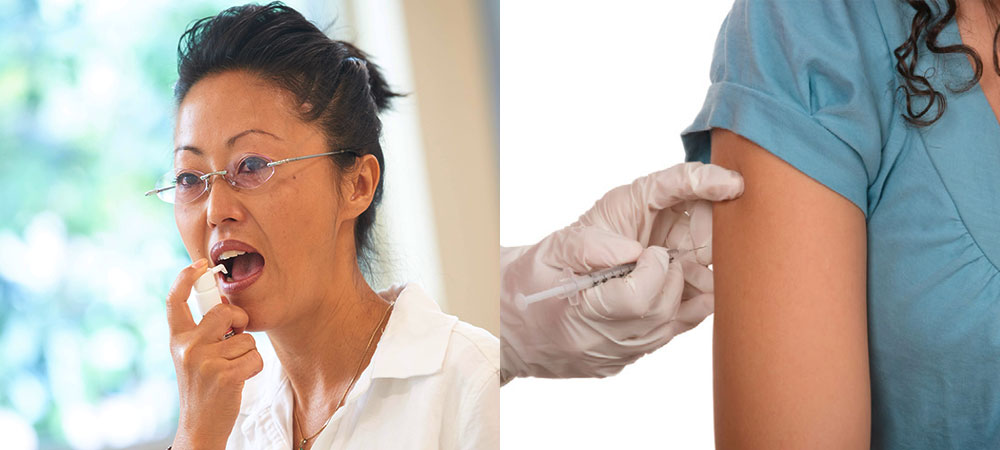La Crosse Method Protocol
A Drought Can Make Your Allergies Worse
Environmental allergies are usually caused by plants like trees, weeds, and grass that thrive with sunshine, warm temps, and water. When they’re at their peak, they release pollen into the air, and when it’s breathed in, symptoms kick in. When pollen enters your system, some bodies interpret it as harmful and respond by releasing histamine…
Read MoreGetting Back on Track with Allergy Treatment
There are many different reasons people fall off track with allergy immunotherapy; they: Forget to reschedule appointments or refill prescriptions Don’t see instant results Think it’s too big of a time commitment And rarely, they may experience minor side effects But there are so many good reasons to continue with treatment: Once treated, they typically…
Learn why you should continue treatment...5 Ways to Use Your HSA
A Health Savings Account (HSA) is an awesome benefit that can help you save money and plan ahead for medical expenses. Money can be deducted from your paycheck before taxes are taken out, so your taxable income is less, and that money is tucked aside for health-related expenses that you can use anytime in your…
Learn a few good ways to spend your hard-earned money...Allergy Treatment: It’s Like Driving a Car
Treating the cause of your allergies with allergy drops is like learning to drive a car – it takes time and consistency through different phases to really conquer it. Allergy drops are custom to each patient and slowly introduce the body to the specific allergens that cause their symptoms. Over time, the body learns to…
Learn how allergy treatment phases work...Why Invest in Allergy Treatment?
In an age of “treat yourself,” why do we hesitate to spend on our long-term health? Allergy drop immunotherapy following The La Crosse Method™ Protocol is covered by some insurances, but for those that don’t, some people debate spending money out of pocket. There are a lot of good reasons to consider investing in allergy…
Read MoreExcuses for NOT Starting Allergy Treatment (and reasons to start)
Besides all the reasons we share for why people start allergy drop treatment following the La Crosse Method™ Protocol — we hear a few common reasons of why people DON’T start treatment over and over. Here are the three of the most common, and why you should think twice about delaying treatment. 1. “My symptoms…
Learn why you should start allergy treatment...How Can I Reduce My Allergies Naturally?
In 2024, people are questioning all the products, supplements, and medications they use daily, and for good reason. There are apps to scan skin care products for ingredients, labels claiming “sulfate free,” and ever-changing food ingredient labels. It’s smart to examine the medications you take every day, or every season, and see if there are…
Learn how to reduce your allergies natually...What’s the difference between OIT and SLIT?
Oral Immunotherapy, or OIT, and Sublingual Immunotherapy (SLIT), are often talked about as treatments for food allergy. Each treatment has benefits, but they are different approaches. Let’s talk about how they differ, and how that can impact which approach to choose. The only way to treat the cause of allergies is through immunotherapy, where tiny…
Learn how OIT and SLIT differ...Can allergy drops make you sleepy?
Allergy drop immunotherapy does not make you sleepy. Some allergy symptom-relievers, like Benadryl, list drowsiness as a side effect, so you need to be thoughtful about when you take them. But, disease-modifying treatment like allergy drops, or sublingual immunotherapy, does not – because the ingredients are simple. The only ingredients in allergy drops following the…
Learn about side effects of allergy drops...Are Allergy Drops Better Than Allergy Shots?
Research shows that both subcutaneous immunotherapy (allergy shots) and sublingual immunotherapy (allergy drops) can treat the root cause of allergy. Though, there are a few elements that patients can consider that may make allergy drops a better option for them. Safety and personalization Allergy drops following The La Crosse Method™ Protocol have a great safety…
Learn the differences between allergy shots and allergy drops...









